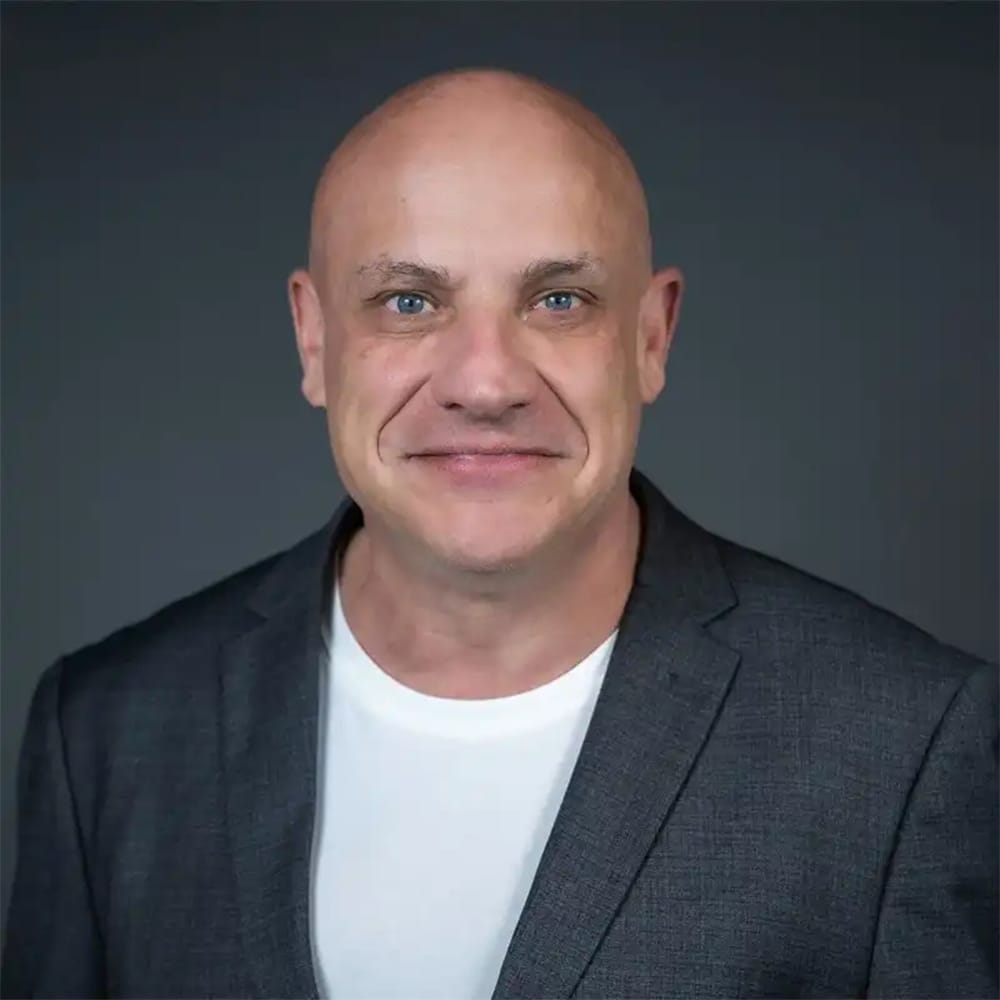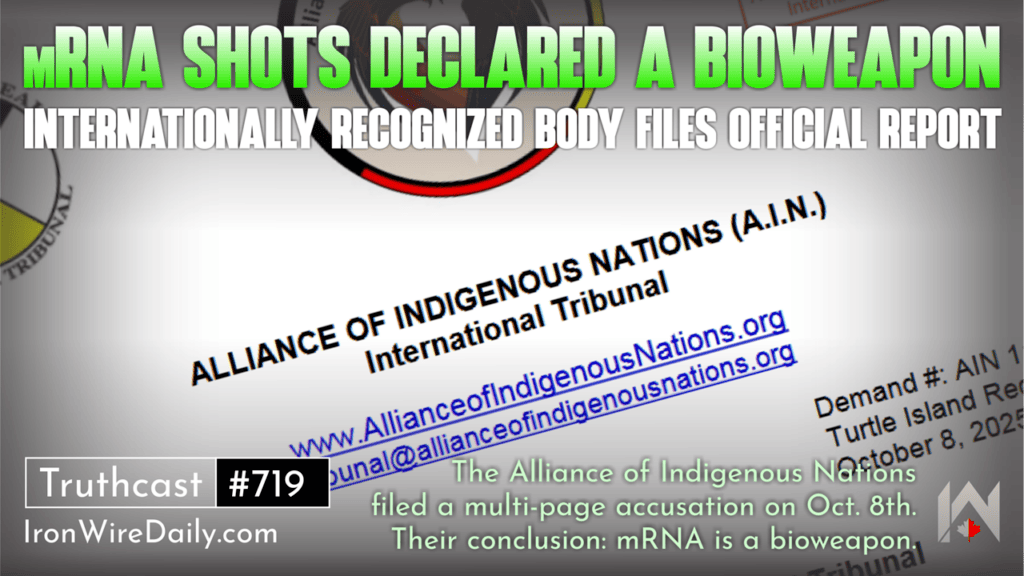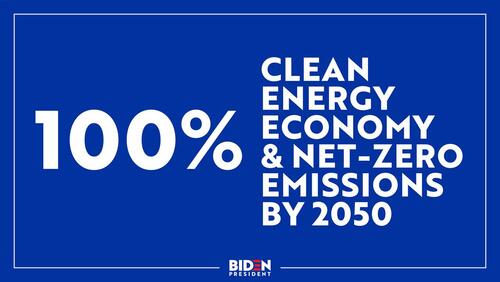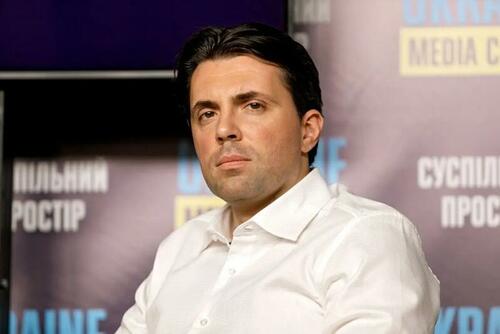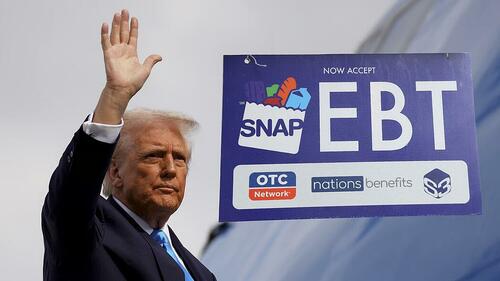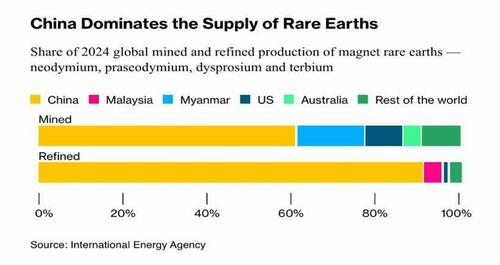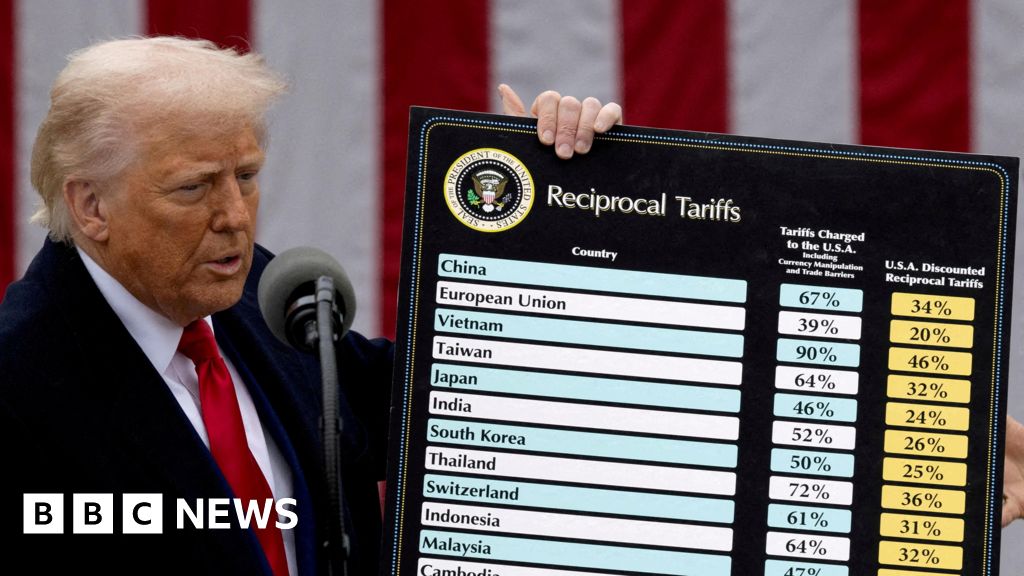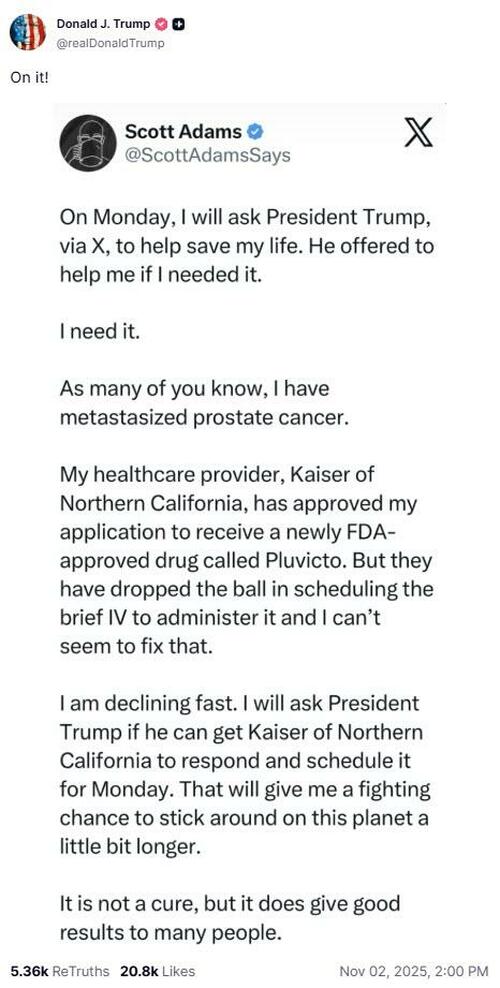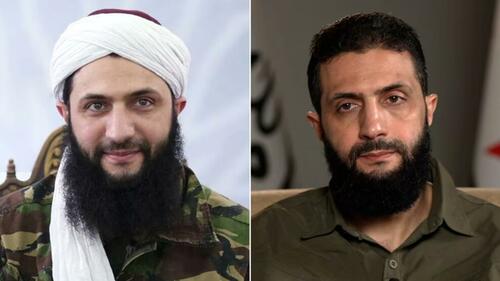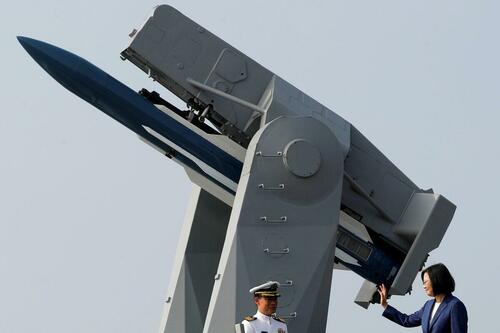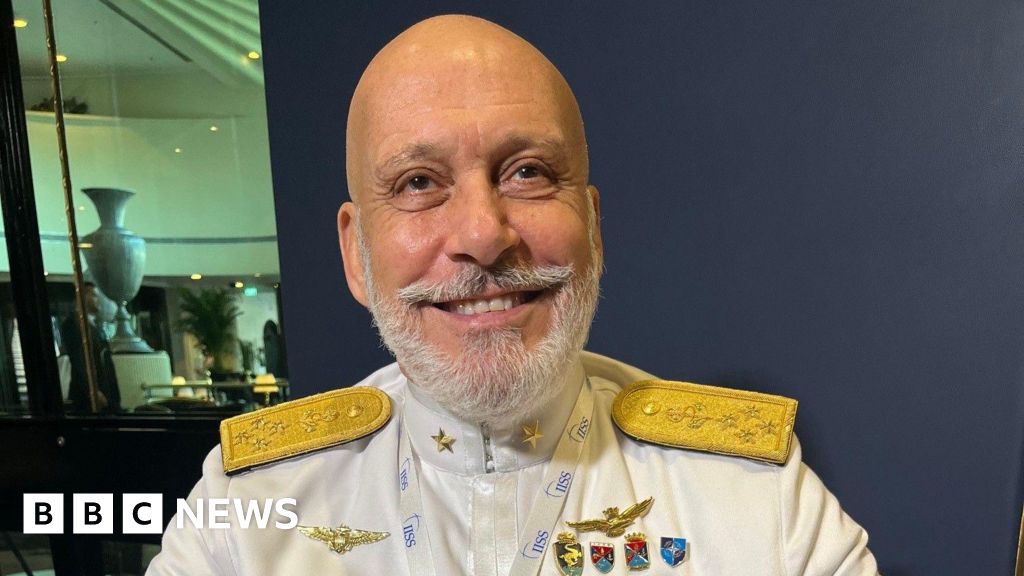Why the Healers Had to Rebel
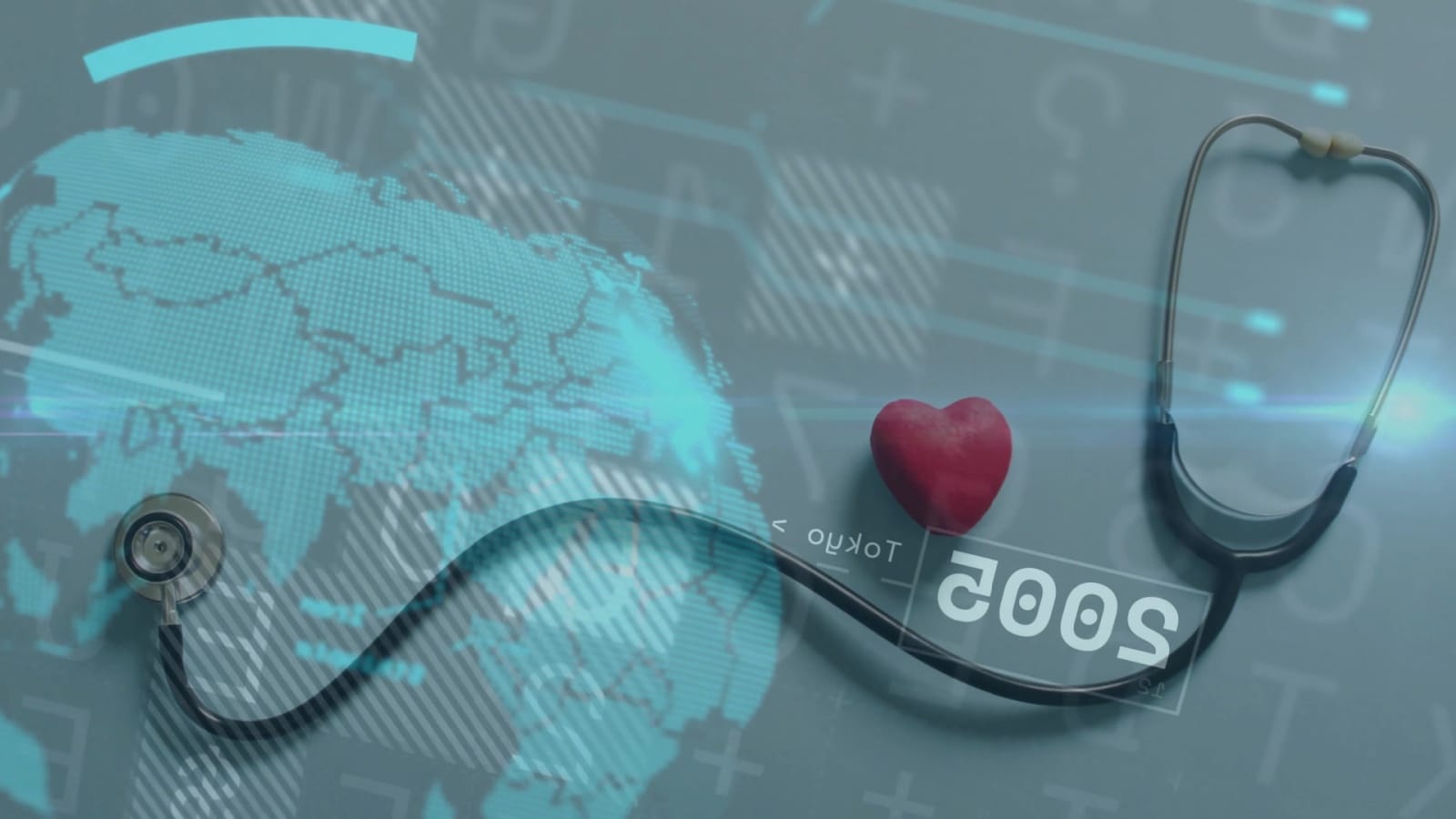
There was a time when the white coat symbolized courage. It meant that a physician stood between humanity and harm, guided not by decree but by conscience. We earned our knowledge through humility, not hierarchy; our oaths through suffering, not signatures. Somewhere along the way, that covenant was broken. Medicine ceased to be a vocation of service and became a system of obedience.
The quiet transformation began long before the pandemic. It crept in under the banners of efficiency, safety, and scientific consensus. Hospitals turned into bureaucracies, universities into funding machines, and physicians into employees of invisible masters. The doctor’s sacred question — “What is best for this patient?” — was replaced by the bureaucrat’s: “Is this permitted?”
The public never saw the chains being forged. To the outside world, the physician still appeared sovereign, standing tall in the light of reason. But inside the institutions, we felt the tightening leash. Grants dictated thought, algorithms replaced judgment, and the art of healing was coded into a billing system. By the time the world noticed, the transformation was nearly complete.
The Capture of Science
The 20th century brought miracles — antibiotics, imaging, organ transplants — yet every triumph deepened dependence on the machinery that funded it. Regulatory agencies that were meant to protect the public became revolving doors for the industries they governed. Academic journals ceased to be marketplaces of ideas and became gatekeepers of ideology. The phrase “follow the science” came to mean “follow the approved version.”
The great irony is that censorship in our time did not require bonfires; it required algorithms. Search engines and social platforms quietly learned to decide what truths were permissible. A paper could be erased not by rebuttal but by invisibility. A career could end not in scandal but in silence. The most dangerous heresy was not being wrong — it was being early.
Within this apparatus, obedience became the new professionalism. Medical students were trained not to think but to comply. Residency programs rewarded deference. Institutional review boards stifled curiosity under the guise of safety. The result was a generation of clinicians fluent in protocol but illiterate in courage.
The Pandemic as Revelation
When 2020 arrived, the system finally revealed its true form. A global emergency provided the perfect justification for control. Bureaucrats issued treatment decrees from offices far from the bedside. Editors, administrators, and social-media executives decided what constituted “acceptable science.”
Doctors who tried to treat patients with inexpensive, well-known medications were condemned as dangerous. Data were suppressed, autopsies discouraged, and dissenters decredentialed. Those who refused to stay silent discovered that the punishment for compassion was exile.
The moral injury inflicted during those years will echo for decades. We watched patients die alone because policy demanded it. We were told to prioritize compliance over conscience, metrics over mercy. And yet, in that darkness, something ancient stirred — the physician’s instinct to heal, even when forbidden.
That defiance was the beginning of the Great Medical Awakening.
The Moral Cost of Compliance
Every act of compliance has a moral cost. In ordinary times, it is measured in bureaucracy; in crisis, in blood. Many physicians, trapped by fear, told themselves they were protecting patients by following orders. But medicine divorced from conscience becomes cruelty by protocol.
To obey an unjust rule is easy; to live with the memory of obedience is not. The sleepless nights that followed were not due to exhaustion but to shame. We realized that the burnout so often diagnosed in clinicians was, in truth, the body’s revolt against moral betrayal.
Healing began with confession. Physicians spoke to one another not about treatment regimens but about guilt — about the patient they could not save because policy forbade it, the truth they could not publish because it threatened funding. From those quiet conversations emerged something radical: forgiveness. Only by acknowledging complicity could we begin to restore integrity.
The Rise of the Independent Physician
Every captured system eventually gives birth to its resistance. Around the world, doctors who refused to bow began creating new networks — small at first, then global. They built clinics that treated patients according to evidence and ethics, not directives. They founded journals that would publish suppressed research. They formed alliances devoted not to profit but to principle.
The Independent Medical Alliance and similar groups became sanctuaries for conscience. They reminded physicians that the right to heal does not come from institutions; it comes from the oath we swore to life itself. These doctors were mocked, censored, and punished — yet each attempt to destroy them only proved their point.
Patients, sensing authenticity, followed. Trust migrated away from logos and toward names. When people realized that some of the most persecuted physicians were the ones who had actually saved lives, the narrative began to crack.
The independent physician is not an ideologue. He is the return of the original doctor: empirical, compassionate, unafraid. He treats patients, not populations; listens more than he lectures; doubts more than he declares. In his defiance lies medicine’s redemption.
Unlearning Obedience
Freedom in medicine is not a political slogan; it is a psychological transformation. To rebuild the profession, we first had to unlearn obedience. Generations of hierarchy had conditioned us to conflate humility with silence. The attending’s word was law, the guideline a commandment. To question was to risk career suicide.
But healing demands discernment, not deference. Real humility means recognizing truth even when it contradicts authority. The new physician does not mistake consensus for correctness. He understands that integrity sometimes requires isolation.
This process of unlearning is neither comfortable nor quick. It requires facing the truth that we — not “they” — surrendered our autonomy. No institution could have enslaved us without our participation. Once that realization dawns, freedom becomes irreversible.
The Science They Tried to Bury
The pandemic years accelerated an old pattern: the burial of inconvenient science. Early treatment data, nutritional studies, and discussions of natural immunity were not disproven — they were suppressed. Researchers who produced results that threatened corporate or political interests found their papers retracted or their reputations smeared.
But truth is resilient. When journals closed their doors, independent platforms opened theirs. When algorithms censored, physicians found encrypted channels to share data. An underground network of researchers began verifying one another’s findings, conducting real-world studies without institutional permission.
Many of the ideas once dismissed as “misinformation” are now quietly acknowledged as accurate. The establishment’s effort to control reality backfired: it taught a generation of clinicians how to practice science without permission.
Healing the Healers
The emotional wounds of this era run deep. The damage was not only clinical but spiritual. Many of us had to confront the unbearable truth that we had been part of a system that harmed those we meant to heal. The recovery from that realization required not new protocols but new honesty.
We began meeting in small groups — no PowerPoints, no administrators — simply to tell the truth. Out of those gatherings grew something medicine had forgotten: empathy among physicians. We learned to listen to each other’s confessions without judgment, to transform guilt into wisdom.
This is how the profession will regenerate — not through institutional reform, but through moral renewal. To heal the healer is to remind him that medicine is not a career but a covenant. Once that memory returns, no bureaucrat can command it away.
Medicine Beyond the Algorithm
Technology, too, must be reclaimed. Artificial intelligence promises efficiency but risks replacing judgment. The algorithm knows data but not compassion; it can predict death but not understand suffering. When programmed by bureaucracies, it becomes a new form of tyranny — the digital supervisor of every clinical decision.
Yet the same technology, guided by conscience, can serve liberation. AI can democratize research, reveal corruption, and free physicians from clerical drudgery. The difference lies in governance: who writes the code, and with what values.
Medicine beyond the algorithm does not reject progress; it redefines it. Machines should assist, never absolve. The most advanced intelligence on Earth remains the conscience of a free physician.
The Ethics of Freedom
Freedom is not a luxury of medicine; it is its foundation. Without autonomy, healing becomes administration. The rediscovery of freedom begins with honesty — the willingness to tell patients the whole truth even when it contradicts official policy.
True ethics cannot be delegated to committees. Real ethics lives in the space between two human beings deciding, together, what risks are worth taking. Every act of informed consent is an act of civilization; every act of coercion is its undoing.
The pandemic revealed how easily ethics can be replaced by enforcement. But it also revealed how powerful individual conscience can be when it refuses to yield. The awakened physician now understands that moral responsibility cannot be outsourced. To practice medicine ethically is to guard freedom itself.
Building the Parallel Future
While the old institutions decay, a parallel system is quietly being built. Independent clinics, transparent journals, decentralized trials, and cross-border alliances are emerging everywhere. They are the mycelial network beneath the rotting tree of captured medicine — flexible, alive, and unstoppable.
In these spaces, research is open-source, data belong to patients, and dialogue is sacred. Young physicians are learning from mentors who teach integrity before protocol. The conferences of this movement hum with energy — the thrill of rediscovered purpose.
Economically, the model is cooperation over competition. Physicians share resources, patients invest in their own care, and communities fund research that serves them directly. Medicine is returning to its original economy: trust.
The establishment can no longer ignore this reality. It tries to mimic the authenticity it once mocked, but sincerity cannot be faked. The parallel system is not utopian; it is functional because it is moral. It reminds us that care can exist without coercion, and that science flourishes when freed from ownership.
The Covenant Renewed
Every generation of healers inherits a covenant — an unwritten vow that the first loyalty of a physician is to truth and to the life before him. During the age of submission, that covenant was violated. But covenants, unlike contracts, do not expire; they wait to be remembered.
The Great Medical Awakening is that remembrance. It is the moment when thousands of doctors around the world decided that integrity matters more than institutional approval. It is the collective vow that no system will again stand between the healer and the healed.
Renewal does not come through anger but through love — love for the patient, for truth, for the sacred act of healing itself. To practice medicine in freedom is to pray with one’s hands. And as those hands return to their true purpose, the profession begins to heal the world that once silenced it.
The Meaning of the Awakening
The Great Medical Awakening is not a manifesto or a movement; it is a moral correction. It is medicine rediscovering its soul. It asks every clinician, researcher, and citizen to confront a single question: Will we serve truth, or will we serve comfort?
History will remember this era not for its censorship, but for its courage — for the physicians who refused to bow, the patients who refused to be silenced, and the alliances that rose from exile to rebuild science in daylight.
The old world of captured medicine is collapsing under its own weight. The new one is already being born — in every honest conversation, every uncensored study, every act of compassion unmediated by permission.
The awakening is not coming.
It is here.
-

Joseph Varon, MD, is a critical care physician, professor, and President of the Independent Medical Alliance. He has authored over 980 peer-reviewed publications and serves as Editor-in-Chief of the Journal of Independent Medicine.
Recent Top Stories
Sorry, we couldn't find any posts. Please try a different search.
